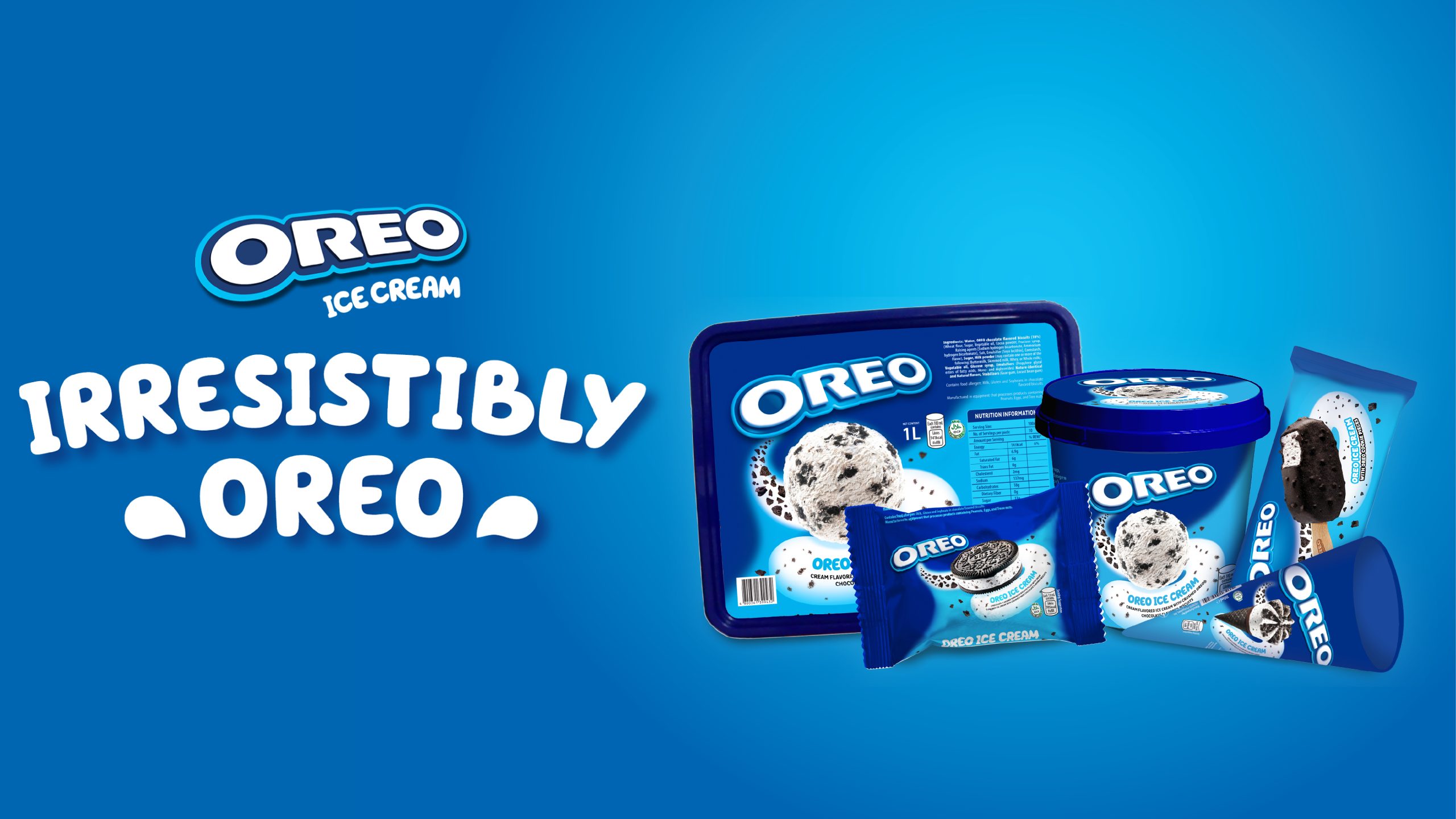Procter & Gamble (P&G) Philippines, the leading consumer goods manufacturer of health and hygiene products, has partnered with Habitat for Humanity Philippines to construct an eco-friendly community health center and birthing clinic in Pastrana, Leyte. Notably, the facility is mostly built from recycled plastic waste, marking a significant stride towards sustainability.
P&G Philippines, Habitat for Humanity Philippines, and Pastrana, Leyte LGU officials attended the ribbon-cutting ceremony during the turnover of the eco-friendly health centers.
Community Partnerships in Pastrana, Leyte
Situated amidst rice fields and coconut plantations, Pastrana is experiencing a noteworthy transformation in healthcare and sanitation. With support from the private sector and NGO partners, the municipality is actively embracing sustainable development, and the health center is a tangible expression of this collective commitment.
Since 2017, P&G has partnered with Habitat Philippines in building sustainable communities. The strong partnership has been instrumental in facilitating P&G’s meaningful community intervention in Leyte – the successful construction of this health center, which aims to make essential healthcare services more accessible to low-income families.
In August 2023, a local project management team, comprising community members, barangay leaders, the local government of Pastrana, and the regional Department of Health (DOH) representatives came together to ensure that the health center would not only meet but exceed DOH standards for healthcare facilities.
This eco-friendly health center project will serve approximately 1,100 individuals, catering to their basic healthcare needs and giving access to proper pre and post-natal care for mothers.
Innovative Construction: The Science behind the Health Center
At the core of this health center is an innovative and sustainable approach— the use of eco-casts. Manufactured from single-use plastics collected by the Habitat community in Kawayanville, Tacloban City, these recycled materials were used in the health center’s construction.
The process involves shredding plastic waste and combining it with aggregates, including sand, gravel, cement, additives, and water. The mixture is then pressed and molded using a specialized machine, followed by a seven-day drying and curing process.
Particularly, the eco-cast outperforms concrete hollow blocks in quality, providing higher thermal insulation and exceptional fire resistance (179 minutes or 3 hours). It is more compact and sturdier, with a strength recording of 700 psi, more than 4 times higher than the 150 psi of hollow blocks, ensuring a robust building.
Sustaining Long-Term Health Impact
Habitat for Humanity Philippines’ current focus is on sustaining the health center’s functionality. In collaboration with the local government unit of Pastrana and the regional DOH office, it provided Basic Health Training for Barangay Health Workers (BHWs), empowering them to independently maintain the health center.
Marilyn Estrellado, Programs and Operations Director of Habitat for Humanity Philippines shared, “The trained BHWs from the community will help man the facility, augmenting the capacity of health professionals provided by the LGU and DOH.
We also appreciate Pastrana LGU and the DOH’s commitment to providing constant medical supplies, manpower, and proper maintenance of the health center to ensure improved access to quality health care and services for the community members in need.”


